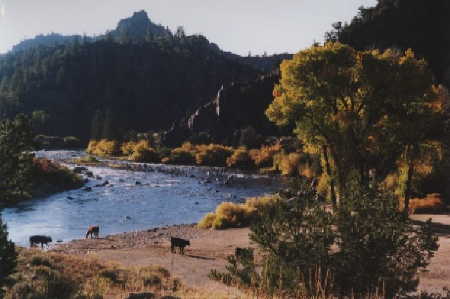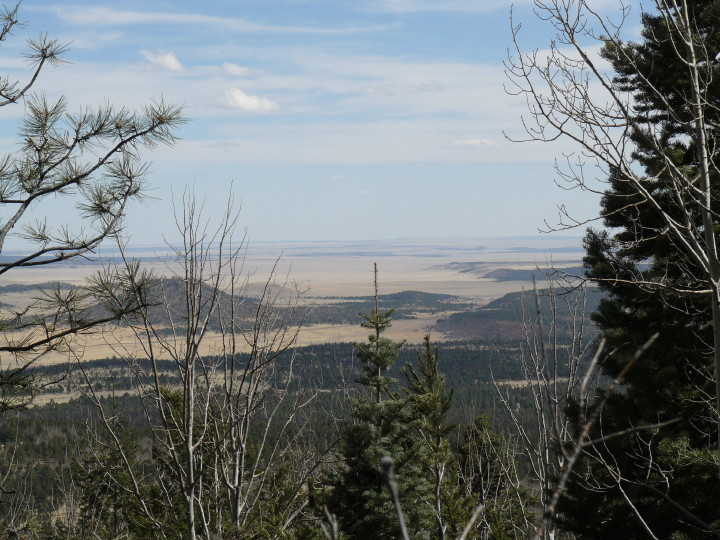Saturday, August 20, 2011
Drafting Nature's Constitution: Simply regulating pollution will never really stop it
COMMENT:
Mari Margil of the Community Environmental Legal Defense Fund (CELDF) -- www.celdf.org discusses why we need a fundamental change in the way we use law to protect nature.
Mari Margil
March 2nd 2011
The environmental movement, with its army of professional advocates, lawyers, grassroots campaigners, and dedicated funders, has been around for decades. Yet nearly every biological indicator shows a planet in crisis—and poised to unravel faster as climate change disrupts already-shaky ecosystem functions.
Mari Margil, associate director of the Community Environmental Legal Defense Fund (CELDF) believes it's time for different tactics. The nonprofit agency used to work within the body of existing environmental law—helping impacted residents file lawsuits or appeal corporate permits—to protect communities from environmental damage. But a series of blocked efforts, often made worse by the very agencies meant to protect the environment, convinced the group that more fundamental changes were necessary.
"Our system of environmental laws and regulations don't actually protect the environment," says CLEDF's Mari Margil. "At best, they merely slow the rate of its destruction ... We weren't helping anyone protect anything."
The organization has since changed its goals, working with citizens from all over North and South America to literally rewrite local laws in ways that allow people to speak up for their communities, watersheds, forests, and air.
According to Margil, anemic environmental laws spring from the fact that nature has no constitutional rights. CLEDF has taken a local approach to reversing this structural blind spot, drafting ordinances for townships from New England to Pennsylvania to Washington State that:
* Give communities legal authority to say "No" to unwanted corporate activities;
* Recognize the rights of nature;
* Strip corporations of their constitutional rights.
In one landmark victory, the town of Barnstead, New Hampshire, voted 135 to 1 to ban the privatization of their freshwater by encroaching corporate interests—the first community in the nation to do so. Other towns have followed, stripping corporations of the rights of personhood and recognizing the rights of communities to self-govern. In 2008, with legal advice from CELDF, Ecuador recognized the right of nature to exist and persist in its national constitution.











